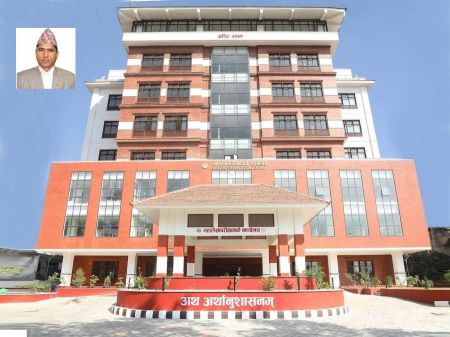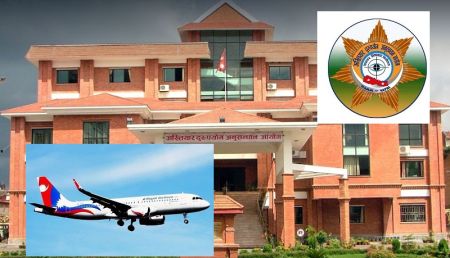With the budget preparation process already in motion for the coming fiscal year, the business community of the country has started the annual ritual of collecting recommendations and demands from across the community that will be forwarded to the finance minister. The same used to be done every year in the past. Hence, some predictions can easily be made about the likely fate of such recommendations. Many of these would not get included in the final policy paper. Even those that get included do not get implemented in reality, as has been the case, for example, with the promise made in this year's budget for government procurement of Made-in-Nepal products. It is nine months already that the Finance Bill is in effect, and the business community is complaining that the provision is not implemented yet.
This means the business community should now focus on a new strategy. All its efforts to impress the government by logic are going to fail (as they did in the past) unless it adopts another strategy. It should go for the use of force.
It has been proved from the past experience that the government responds to force, not to logic. Perhaps the reason is that there are only two or three members (except the finance minister himself) in the entire council of ministers who understand the economic logic that the business community tries to explain. The finance minister himself does not need the business community's explanation about the importance of more market-friendly policies.
Rather, it is the problem of the finance minister that the business community has to try to understand. And the problem is that the minister has hard time convincing his colleagues in the cabinet, in the party's central committee, in the parliament and finally in the opposition camp.
Once this reality is understood, it is going to be very easy for FNCCI and other chambers to focus their efforts on right direction. They should not waste their time and energy in holding seminar with the Finance Minister or Finance Secretary. They should rather convince the general people about the importance of the policies that the business community needs. If the opinion of the general people is mobilized in favour of market-friendly policies, no one in the cabinet, parliament or in the bureaucracy will dare dilly-dally in implementing such policies. The budget speech may remain silent about such policies, but the bureaucrats will still find out the way to do the "needful" once they face the public pressure. You can depend on the ingenuity of the Nepali bureaucrats to find out the ways.
Therefore, the major challenge now to the business community is to convince the general people who are still with the impression that the business community is only seeking some favours for itself and that such favours are going to be at the cost of the general people.


![New Strategy [EDITORIAL - April 2002]](/img/issues/20230306030850_11.jpg)



















